

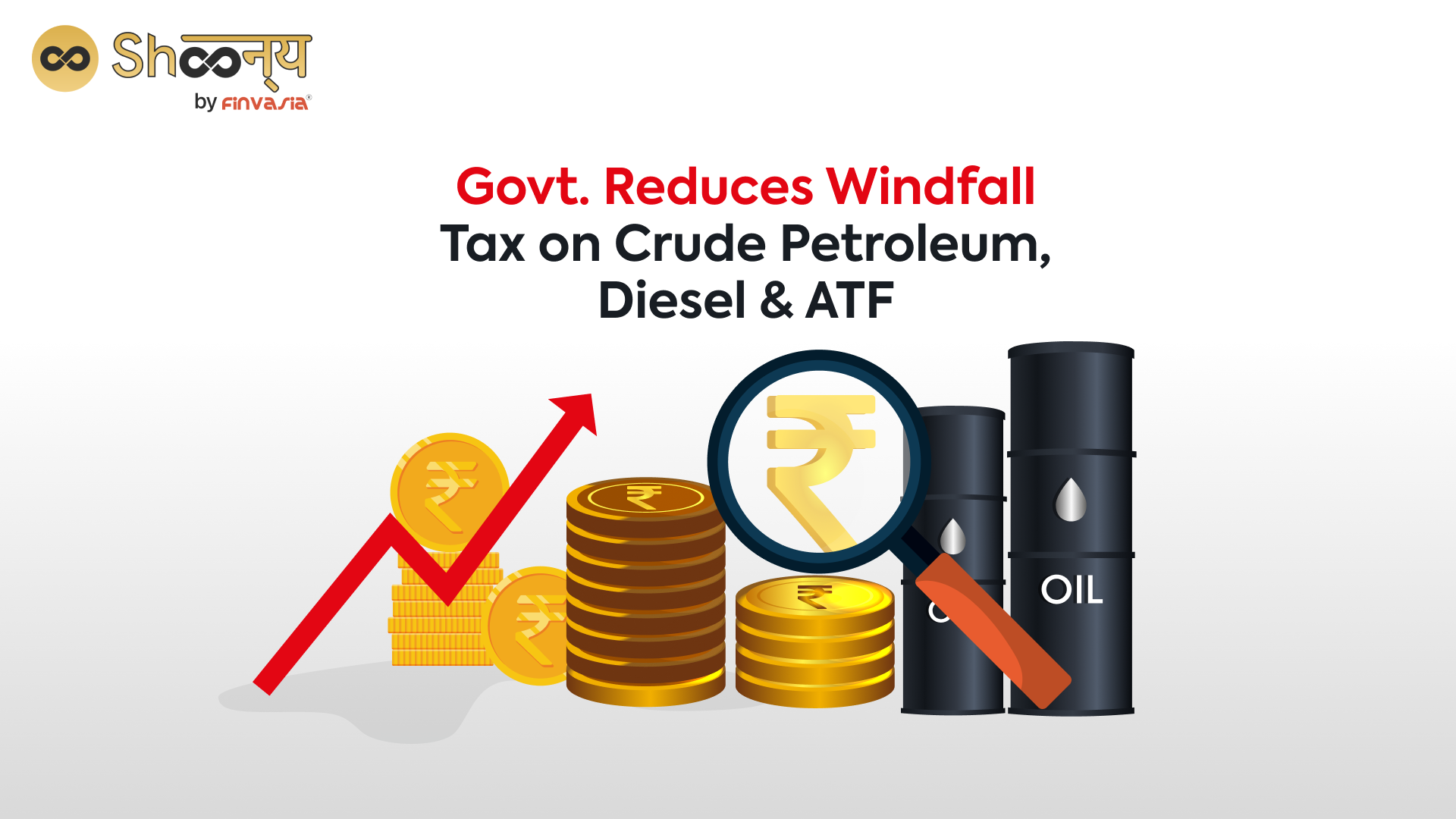
The Oil Ministry has proposed the elimination of windfall profit tax on crude oil to the Finance Ministry, while also requesting the inclusion of natural gas and petroleum products under the Goods and Services Tax framework. The upcoming GST Council meeting may discuss this proposal, but many states are cautious about including petroleum products under GST due to revenue concerns. Finance Minister Nirmala Sitharaman has emphasized that the GST law already has provisions for this inclusion, and it is now up to the GST Council to reach a consensus on the matter.
Elimination of Windfall Tax and Inclusion of Natural Gas and Petroleum Products under GST: A Proposal by the Oil Ministry
Background:
The Ministry of Petroleum and Natural Gas has proposed several significant changes to the taxation regime for crude oil, natural gas, and petroleum products. These proposals include eliminating the windfall profit tax on crude oil and bringing natural gas and petroleum products under the ambit of the Goods and Services Tax (GST).
Elimination of Windfall Tax on Crude Oil:
The windfall profit tax is a tax levied on the extraordinary profits made by oil producers due to geopolitical events or supply shocks. The Indian government imposed a windfall tax on domestic crude oil production in July 2022, following the surge in global oil prices after the Russia-Ukraine conflict.
The Oil Ministry has now argued that the tax has outlived its purpose and is adversely impacting domestic oil companies. The proposed elimination of the windfall tax aims to boost domestic oil production and reduce the dependence on imports.
Inclusion of Natural Gas and Petroleum Products under GST:
Presently, natural gas and petroleum products are outside the GST framework, which means they are subject to varying rates of taxation across states. The Oil Ministry has proposed that these products be brought under the GST ambit to streamline the taxation system and reduce the cascading effect of taxes.
GST Council Meeting and Concerns:
The GST Council, which is the apex decision-making body for the GST, is expected to discuss these proposals in its upcoming meeting. However, some states have expressed concerns about including petroleum products under GST, as they fear a loss of revenue.
Finance Minister Nirmala Sitharaman has stated that the GST law already has provisions for the inclusion of petroleum products and that the decision will depend on the consensus reached by the GST Council.
Top 5 FAQs and Answers:
To boost domestic oil production, reduce import dependence, and provide relief to oil companies.
To streamline the taxation system, reduce the cascading effect of taxes, and simplify tax administration.
Potential loss of revenue.
The proposals will be subject to the deliberations and decision-making of the GST Council.
Increased domestic oil production, reduced import dependence, and improved efficiency in the taxation system for natural gas and petroleum products.
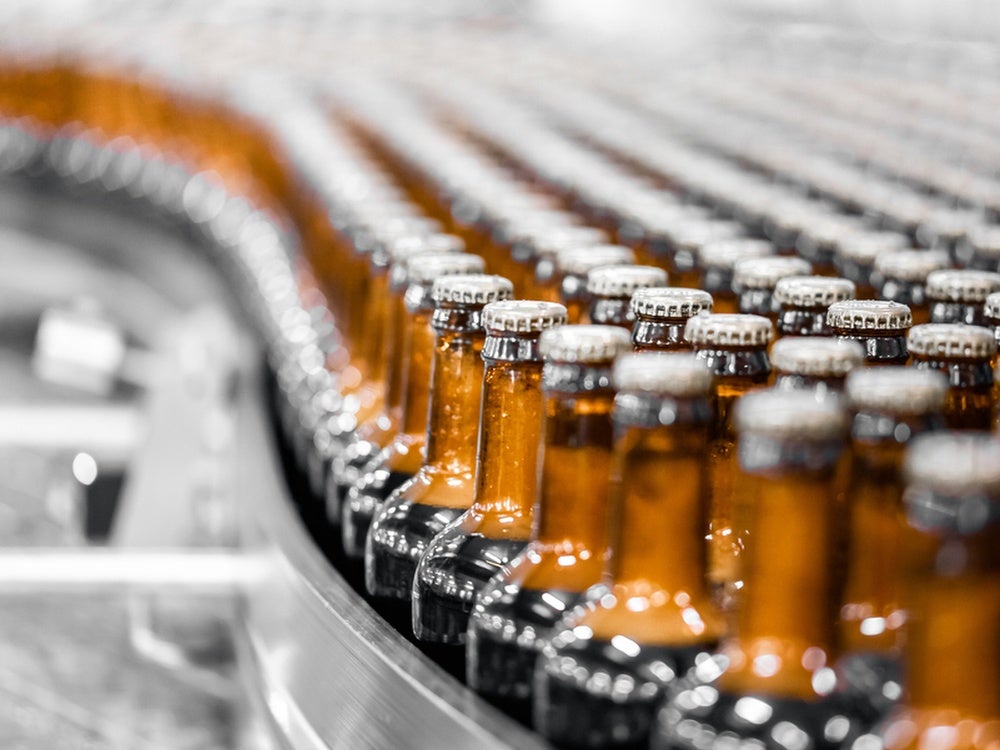
Union Minister for Food Processing Industries, Chirag Paswan, announced at the World Economic Forum (WEF) that India has secured a significant investment of USD 250 million from Belgium-based AB InBev for the country's beverage sector. The investment will span over the next two to three years and the company will sign a Memorandum of Understanding (MoU) at a later time. This announcement is a testament to India's commitment towards fostering global collaboration and creating a dynamic international market.

The initial public offer of water and infrastructure solutions company Denta Water and Infra Solutions has already been subscribed 17 times on its opening day. This indicates strong investor interest in the company's IPO, which is set to close on January 24. The IPO is expected to result in a strong listing gain for investors, with the grey market premium currently at 51.02% over the upper IPO price of Rs 165. With a focus on water management projects and construction in the railway and highway sectors, Denta Water and Infra Solutions' revenue and profits have shown a strong growth trajectory, making it an attractive investment opportunity.
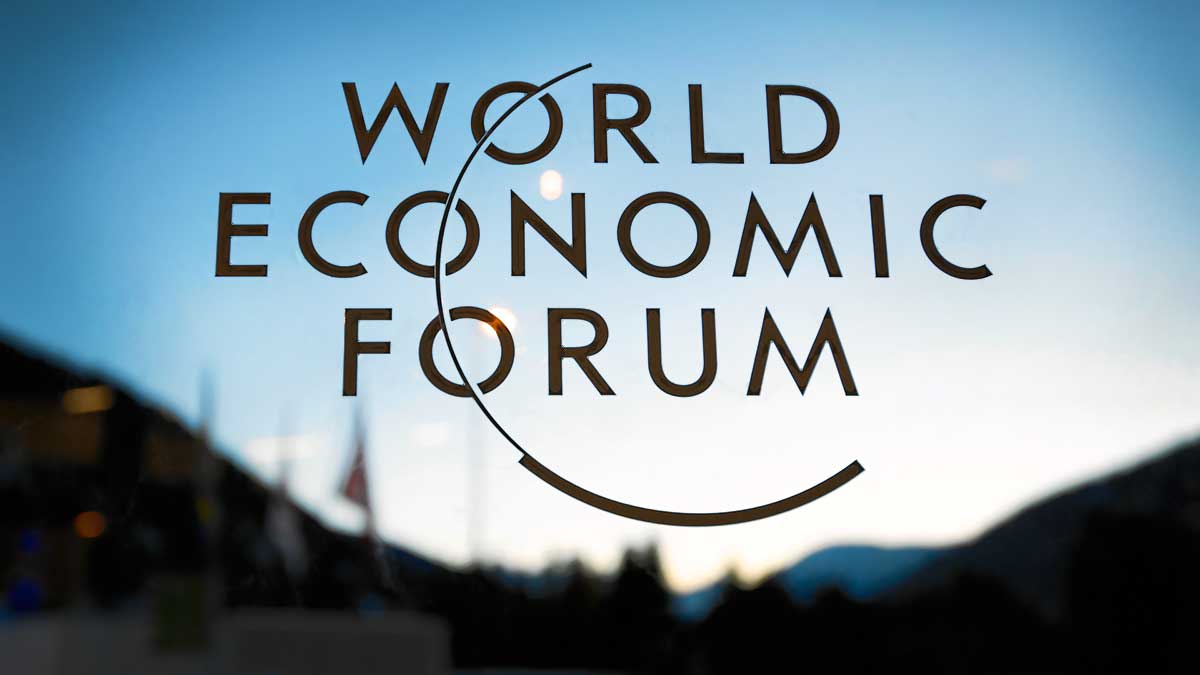
The Indian state of Maharashtra made a statement at the World Economic Forum in Davos by securing investment deals worth an unprecedented Rs 6.25 lakh crore. Chief Minister Devendra Fadnavis, along with top officials, met with prominent business leaders to solidify the state's position as a global investment destination. The committed investments span across multiple sectors including technology, renewable energy, retail, and more, promising a boost to Maharashtra's economic growth and job creation.
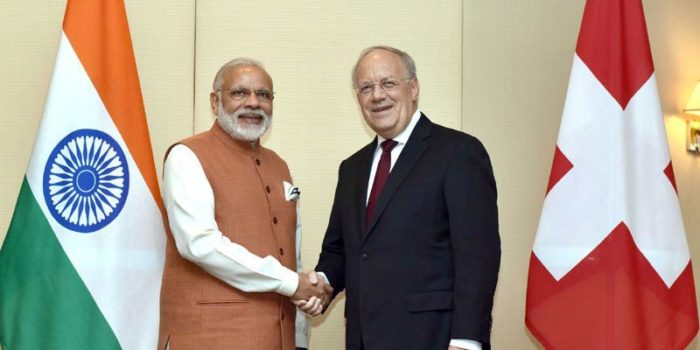
Aditya Yellepeddi, head of an Indo-Swiss industry initiative, highlights the increasing interest in India from SMEs and cultural richness as key factors. He also discusses the potential for further growth in bilateral trade and investment, especially after the signing of the Trade and Economic Partnership Agreement in 2024. As a member of the Indian diaspora in Switzerland, Yellepeddi shares his perspectives on the changing dynamics and opportunities in both countries.
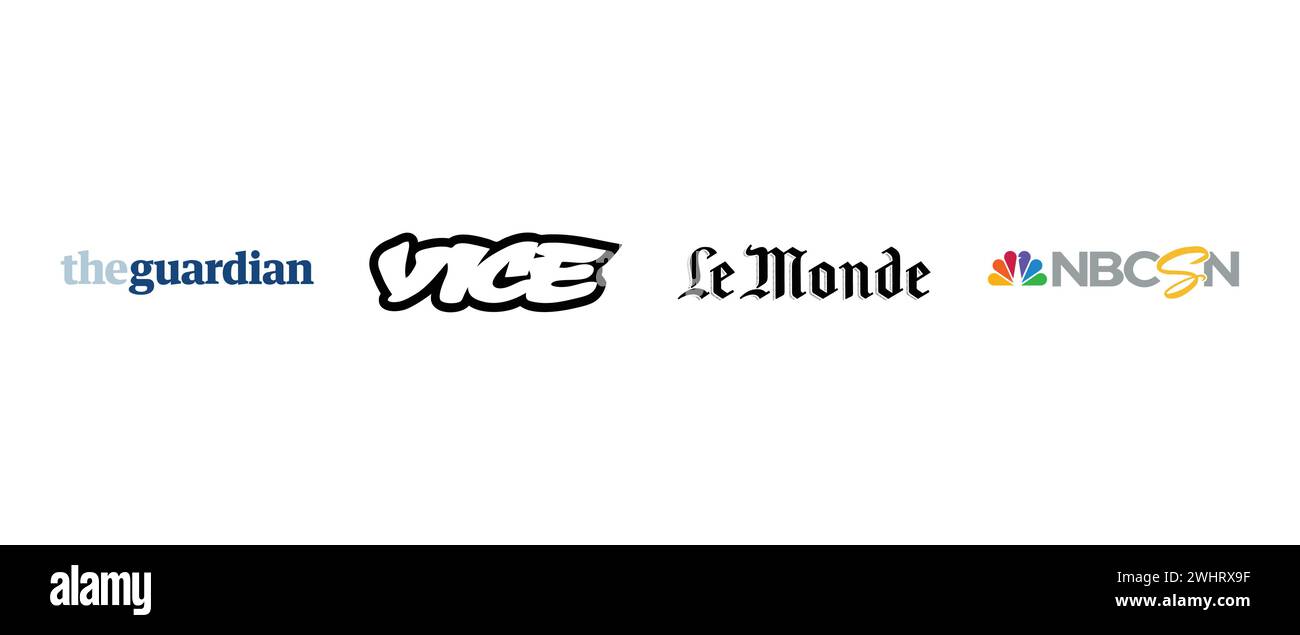
Le Monde, France's newspaper of record, has announced its decision to leave the controversial social media platform X, due to concerns over its founders' political alliances with US President Donald Trump. In an editorial, Le Monde's editor-in-chief Jérôme Fenoglio explains that the move is a response to "a global threat to free access to reliable information" posed by social media behemoths such as X and Meta. The newspaper, which boasts 11 million followers on its French language account, will now focus on fast-growing rival Bluesky and increase vigilance on other platforms like TikTok and Meta, following Mark Zuckerberg's "worrying statements."
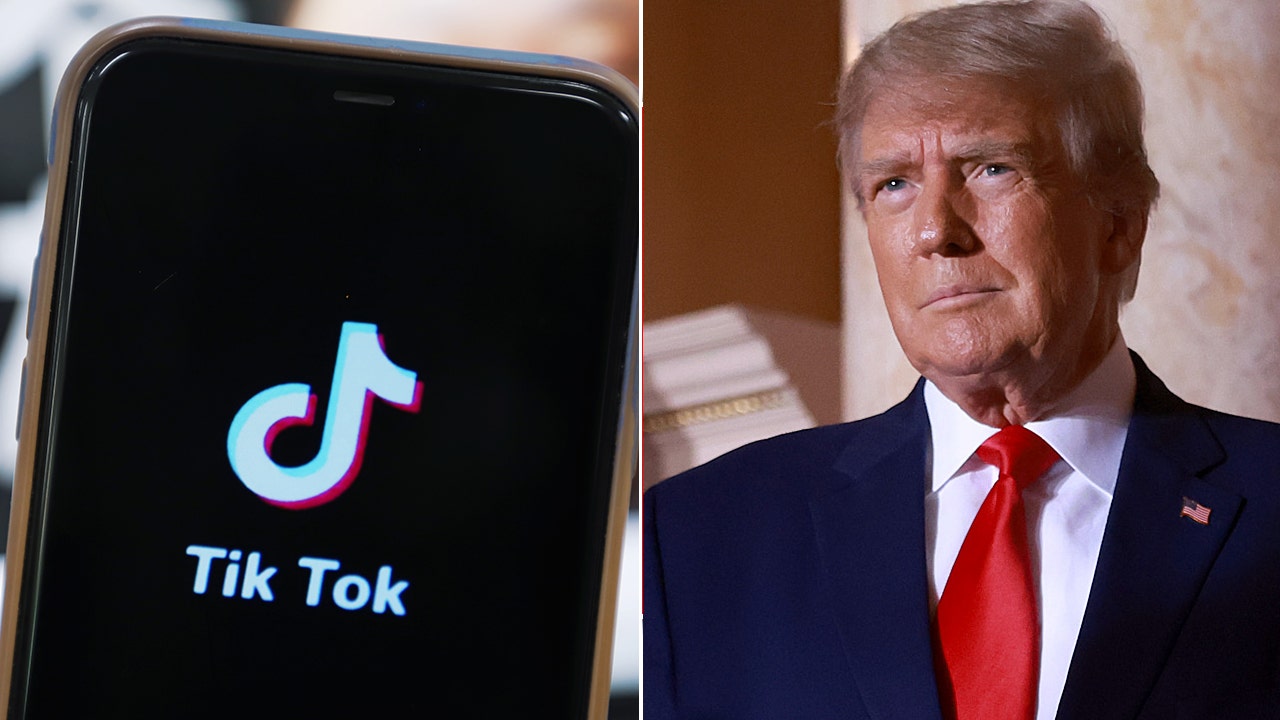
US President Donald Trump has expressed his willingness for billionaire Elon Musk to buy the popular social media app TikTok, amidst concerns over its Chinese ownership and potential data misuse. The app, which has 170 million American users, was temporarily taken offline in anticipation of a law that would require it to be sold or banned. Trump has met with TikTok's owners and proposed the idea of splitting ownership with the US. However, free speech advocates oppose the ban and TikTok argues that its recommendations and data are stored and moderated in the US.
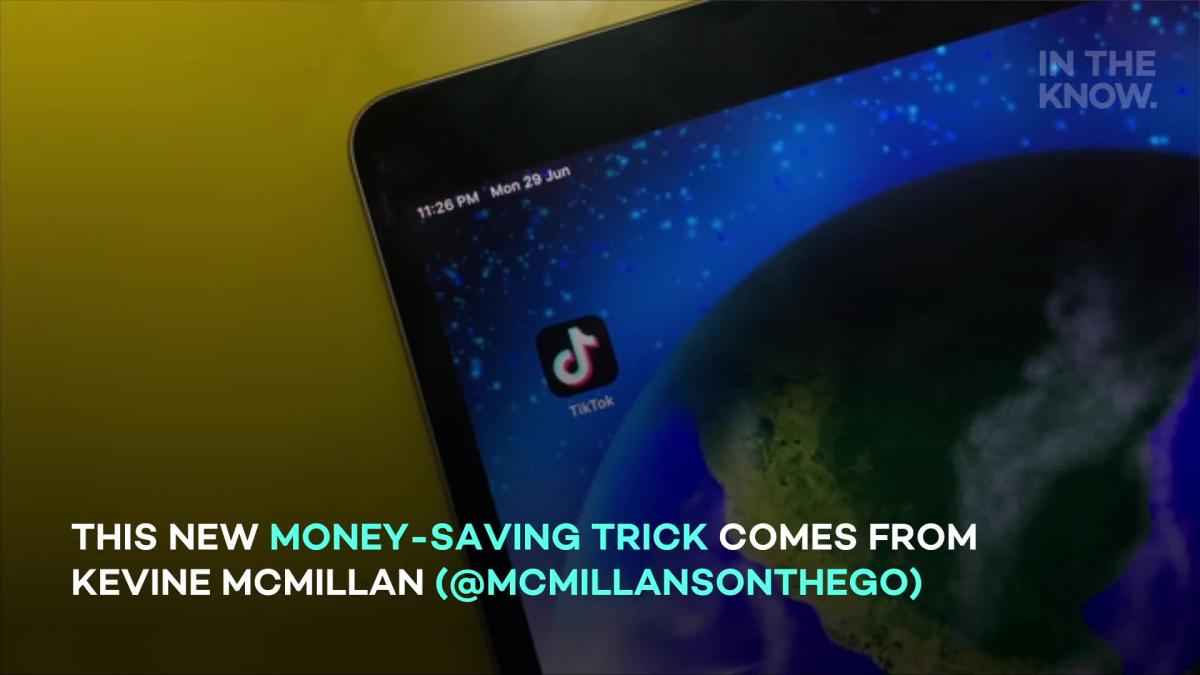
A TikTok user shared three helpful tips for saving money while traveling through an airport, including bringing a reusable water bottle to avoid overpriced airport water, using the latch under the aisle seat handlebar for easy access and avoiding currency exchange at the airport to get a better rate. These tips can help budget-conscious travelers avoid unnecessary expenses and make their airport experience more affordable.

Susanna Reid, host of Good Morning Britain, interrupted the show to announce the latest figures from the Office for National Statistics showing a drop in inflation rates to 2.5%, although it remains above the Bank of England's target. This comes at a time of increasing pressure on the public finances due to rising government borrowing costs. Correspondent Jonathan Swain joins from a butcher's in Staffordshire, revealing the impact of high food prices on inflation.

Adani Group chairman Gautam Adani visited the ongoing Maha Kumbh Mela and participated in various activities like offering prayers, cooking and serving Mahaprasad to pilgrims. The industrialist also announced the collaboration between Adani Group and ISKCON to provide free meals to devotees for the entire duration of the Kumbh Mela. This move is seen as a gesture of gratitude towards PM Modi and CM Yogi Adityanath for their management of the religious gathering.

In a scathing report published by Capybara Research, it has been revealed that Quantum Computing (QUBT) has been engaging in fraudulent practices, including faking sales and partnerships and issuing false press releases. The report claims that shareholders are at risk of losing their investments as the company has a history of deceiving investors and fabricating revenue. This news has sent shockwaves through the market, with investors and analysts closely monitoring the situation.